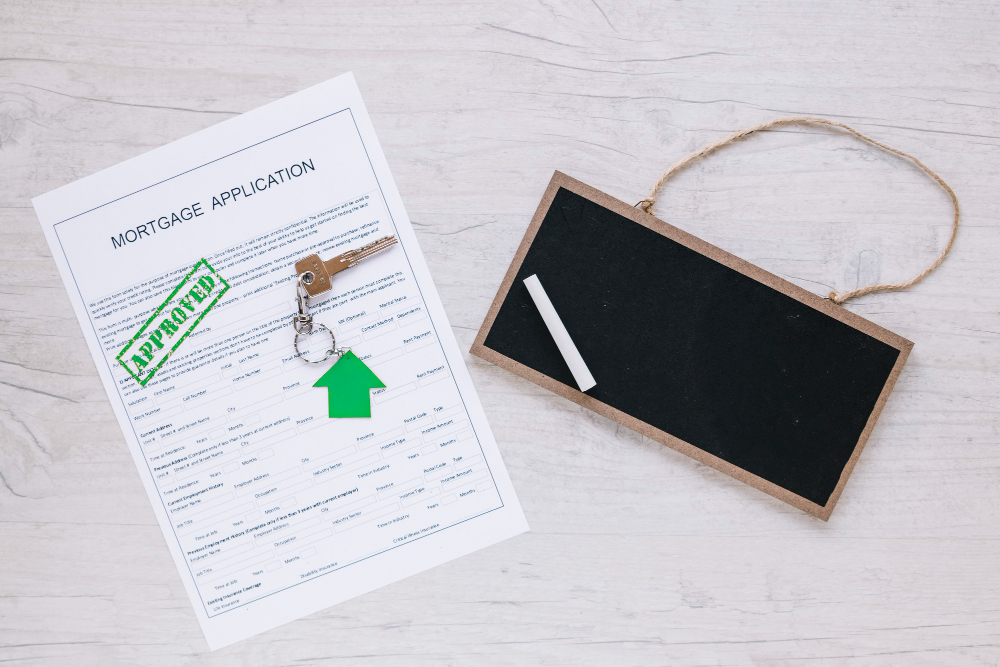
How to Stay Organized as a Claims Adjuster
October 25, 2024 9:53 amEssential Tips to Succeed Being a claims adjuster is very overwhelming at times.
Processing of insurance claims, handling multiple clients, evaluation of losses, and documentation can pile up very soon. In order to perform effectively, avoid errors, and meet deadlines, it is very crucial to be organized. No matter whether you are a field adjuster working on-site or a desk adjuster working at home, organization will not just speed up the work process but also decrease stress. Whether you happen to be a “believer or not so sure” type, if you have ever asked yourself, “Are public adjusters really worth hiring?”, then you can be certain that what you get is the value of an organized professional who’ll ensure fair settlements. This e-book lays down such practical strategies for claims adjusters in order to lead them to any lead but also to remain on top of their workload. UnManaged pile of multiple claims often be confusing if there is no proper prioritization. Maintain a list daily, stating the tasks with urgency on that day. Begin the day by concentrating on claims nearing deadlines as well as high priority cases which demand your attention in the near future. Divide the larger claims into tiny steps, making progress smooth.
Pro Tip:
Try the Eisenhower Matrix to divide tasks into four quadrants: urgent, not urgent, important, and not important. This will show you what’s really important.2. Digital Tools for Organization
Invest in productivity apps and claim management software. These make organizing work easier and keep documentation centralized so everything is easily accessible. Tools to Suggest to Claims AdjustersTrello or Asana: They have task management apps for keeping track of deadlines and workflows. Evernote or OneNote:
Note-taking applications to record important information during inspections or meetings. Claims management software: Simsol or Xactimate for tracking claim files, forms, and estimates altogether. These can minimize mess apart from risking missing out on essential details. All claims processed are accounted for.Keep Your Files Neat and Systematized
Paperwork is part of the job and will never disappear. Digital or physical, messy files will slow you down. Keep designated folders for each claim and have all your papers-including photographs, estimates, and reports-be labeled and kept in a system. If working on paper, keep a filing cabinet with folders organized by claim number, client’s name, or date.Pro Tip:
Develop a naming system for your digital files. Example: [Claim Number][Client Name][Date] – This will make documents searching and retrieval faster.4. Maintain Frequency Calls at the Client Side
Communication is one of the most vital aspects of managing claims. By scheduling periodic updates with the policyholder, it is possible to discuss the progress and next course of actions associated with a claim. Such contact prevents miscommunication, builds trust, and ensures no segment of the process hangs in the balance. If the clients know exactly what to expect, then the chances of disputes occurring are reduced. This also enhances your ability to manage expectations on how long settlement is going to take, which, in effect, will be easier for your workload.5. Excel at Time Management
Time management skills play a key role in the case of multiple claims. The best way to organize appointments, inspections, and submission deadlines for such claims is through the use of a calendar tool such as Google Calendar or Microsoft Outlook. Color-code events by their urgency to get an overview of your schedule visually.Time Management Techniques:
Time Blocking: Schedule dedicated time slots for reviewing claims, field inspections, and communications with clients. The Pomodoro Technique: Work in 25-minute increments with brief breaks between to stay focused. Adequate time management avoids last-minute panic; you can respond quickly to unexpected issues.6. Is it really worth hiring a Public Adjuster?
This is a common question arising when policyholders decide to hire a public adjuster. A public adjuster advocates for the insured in order to ensure that they get an appropriate settlement from insurance companies. Organized public adjusters are helpful primarily during complex and disputed claims. It is especially at these times that the policy holder may not be so well equipped to negotiate on their own account. They can, therefore, save time while ensuring that clients do not miss out on entitled compensation. For public sector claim adjusters, it is difficult working with a public adjuster. They often need to deal with more coordination than a private sector claim adjuster. Record keeping and open communication between the parties will make this much easier and also guarantee a fair outcome.7. Keep on Updating with Changes in the Industry
Insurance policies, regulations, and procedures are always changing. Knowing such issues keeps you current and on top of your work to avoid mistakes. Subscribe to industry newsletters, go for workshops, and take webinars for knowing what new and what is developing in the industry. Continuous learning enhances not only your expertise but also keeps you organized because you would know how to face new situations without searching for information every time.8. Leverage Automation for Repetitive Work
Routine, repetitive tasks like sending reminders to clients or an insurer for the status of claims can be automated. Report or status of claims generation, among others, can also be automated. Many claim management software already have automated capabilities. Establishing a common update in email templates for a client or an insurer can also be automated. This cuts down on the amount of manual intervention needed, thus freeing up much more time for very urgent tasks.9. Stress Management
The workload of a claims adjuster might be very challenging. The more extended you are on stress, the more it translates to burnout, which lowers your performance and organization. Mindfulness activities such as deep breathing exercises or walking for minutes can then help you manage stress. Good mental wellness care, therefore, means staying focused and organized even during the critical busy times of high workload. Pro Tip: Establish boundaries between your work time and personal time.10. Reflect and Review Frequently
Schedule a few minutes at the end of every week to review your work. Identify which tasks took longer than what you had anticipated and which areas you could improve. The reflective process helps streamline your workflow and avoid mistakes repeatedly in cases you may encounter later. This checklist also gives you a feeling of accomplishment, which keeps you motivated.Conclusion
Being an organized insurance claims adjuster would ensure smooth operations, accuracy, and effective service delivery to clients. A claims adjuster, therefore, would set clearer priorities, use digital tools, master time management, and collaborate effectively with others to be sure that one’s workload is streamlined. It makes no difference whether you are operating as a public adjuster or in collaboration with public adjusters; good organization makes the difference. Ultimately, the question “Are public adjusters worth it?” speaks to the value of well-organized professionals. Just as public adjusters add value to the process of settlement, so does yours in making sure settlements are fair. Live out these strategies to be better organized, reduce stress, and succeed in the position of claims adjuster. FOR MORE INFORMATION: CONTACT MIKE ACERRA Tags: Claims AdjusterCategorised in: Claims FAQs, Commercial, Fire Damage, Individual Service, Insurance, Public Adjuster, Residential, Services Overview, Storm Damage, Underpaid Claims
This post was written by Trishala Tiwari

Comments are closed here.